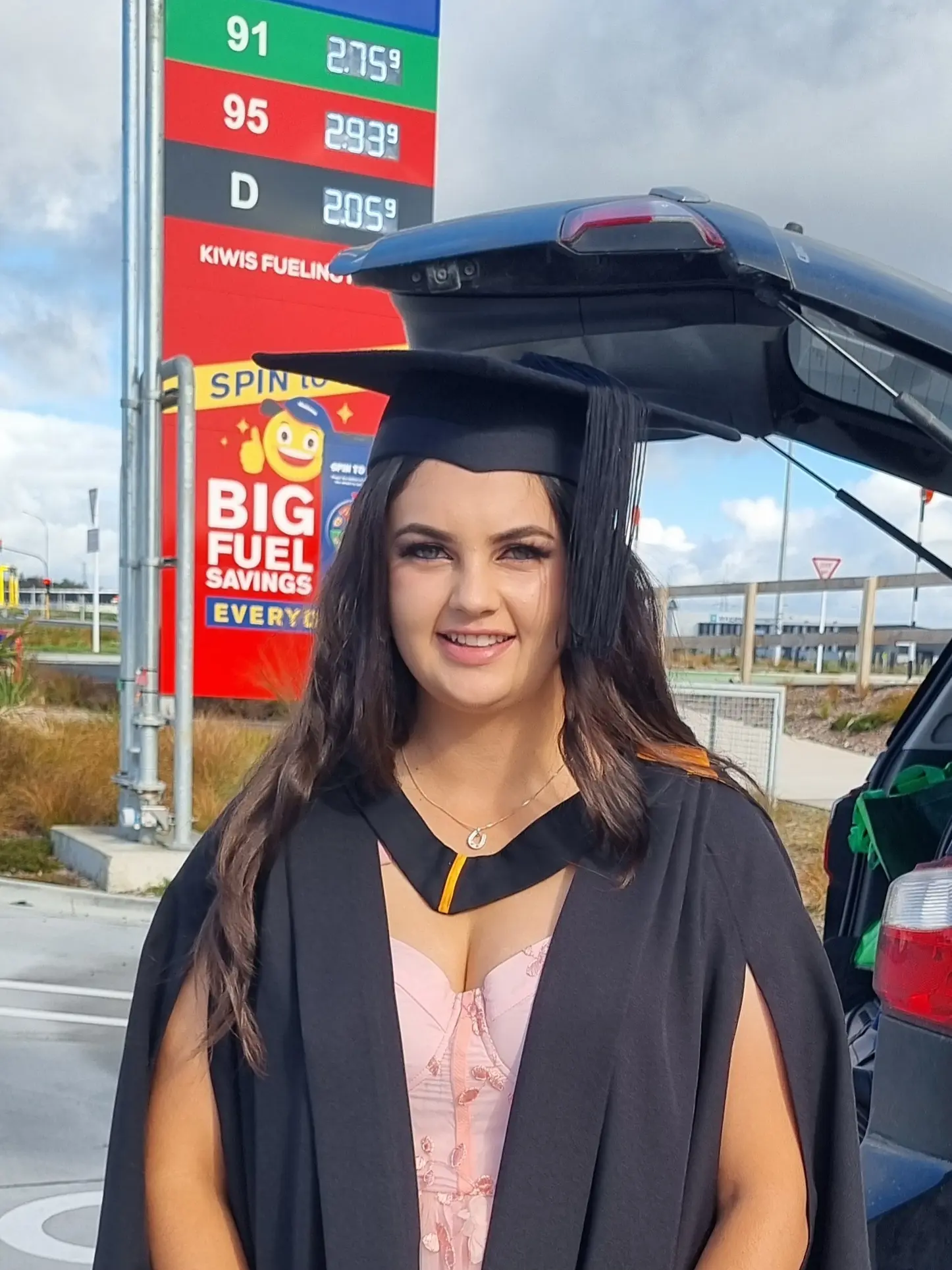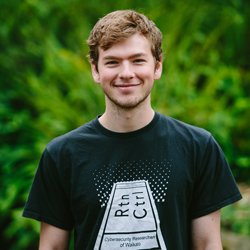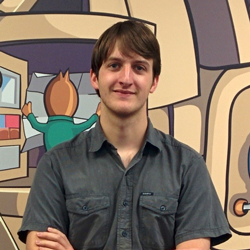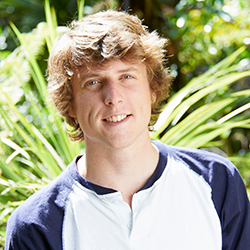Ella Cooper-Levin
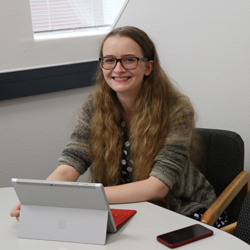
Lynley St George
Ngāti Porou
Bachelor of Science, Master of Science
Dame Te Atairangikaahu Scholarship, Australian Institute of Nuclear Science and Engineering scholarship

When she was at high school Lynley St George managed to break three computers. “So I thought I’d come to university and find out more about how they work,” she says.
In April 2018, the 22-year-old of Ngāti Porou descent graduated from the University of Waikato with a Bachelor of Science double majoring in Computer Science and Physics.
Lynley actually came to Waikato on a biology scholarship but soon switched to computer science because she realised she didn’t know a lot about it, whereas she’d done biology right through school. “I was so keen to learn, that I thought I could throw a whole lot of subjects into my degree before I realised university doesn’t quite work that way, but I did get to do a paper on traditional Māori weaving in between all my science subjects.”
Lynley is concerned about the lack of women and the lack of Māori taking sciences. She was only one of two women in her physics classes. “But our lecturer was female and she was inspiring,” she says. Pākehā males and international students dominated her computer science classes.
This year, Lynley has started studying for her Master of Computer Science, and she’s also working as a research assistant and a mentor for Māori students. “University has helped me connect to my Māori side. I can see the divide between Māori and Pākehā at university and that’s something I’d like to see change.” She's started to learn te reo Māori.
While Lynley's still firming up what she’ll study for her masters degree, it’s likely to be in the field of human-computer interaction. “How we can make computing more accessible to all types of people, make people want to use computers more.”
When Lynley started studying computer science she thought it would just be a matter of learning computer languages such as C# and Java. “But I soon realised that you have to learn how to work with different languages and it’s more important to know the principles of how to pick up a coding language. It’s a subject that’s constantly changing and you have to be able to pick up new ideas and run with them, and it’s really important to be able to work in teams.”
During her study years, Lynely was awarded a Dame Te Atairangikaahu Scholarship, co-funded by Waikato Regional Council and Waikato Tainui, and she also managed to travel overseas for the first time in her life, thanks to an Australian Institute of Nuclear Science and Engineering (AINSE) scholarship. There, physicists and other academics talked about their research in extreme environments.
That was an awesome opportunity. I’ve loved my time at Waikato. I like the fact it’s central and it attracts such a mix of people from all walks of life and all around the region. I’ve taken advantage of the range of learning opportunities. I’ve never felt boxed in, I’ve been able to explore and have fun, and if I find an academic’s online profile and they’re researching something I’m interested in, I simply go and knock on their door for a chat.
And outside uni? “I do a lot of ‘nerdy reading’, and for something completely different I really like watching the home organisation channels, seeing all these simple yet effective ideas for storage.”


